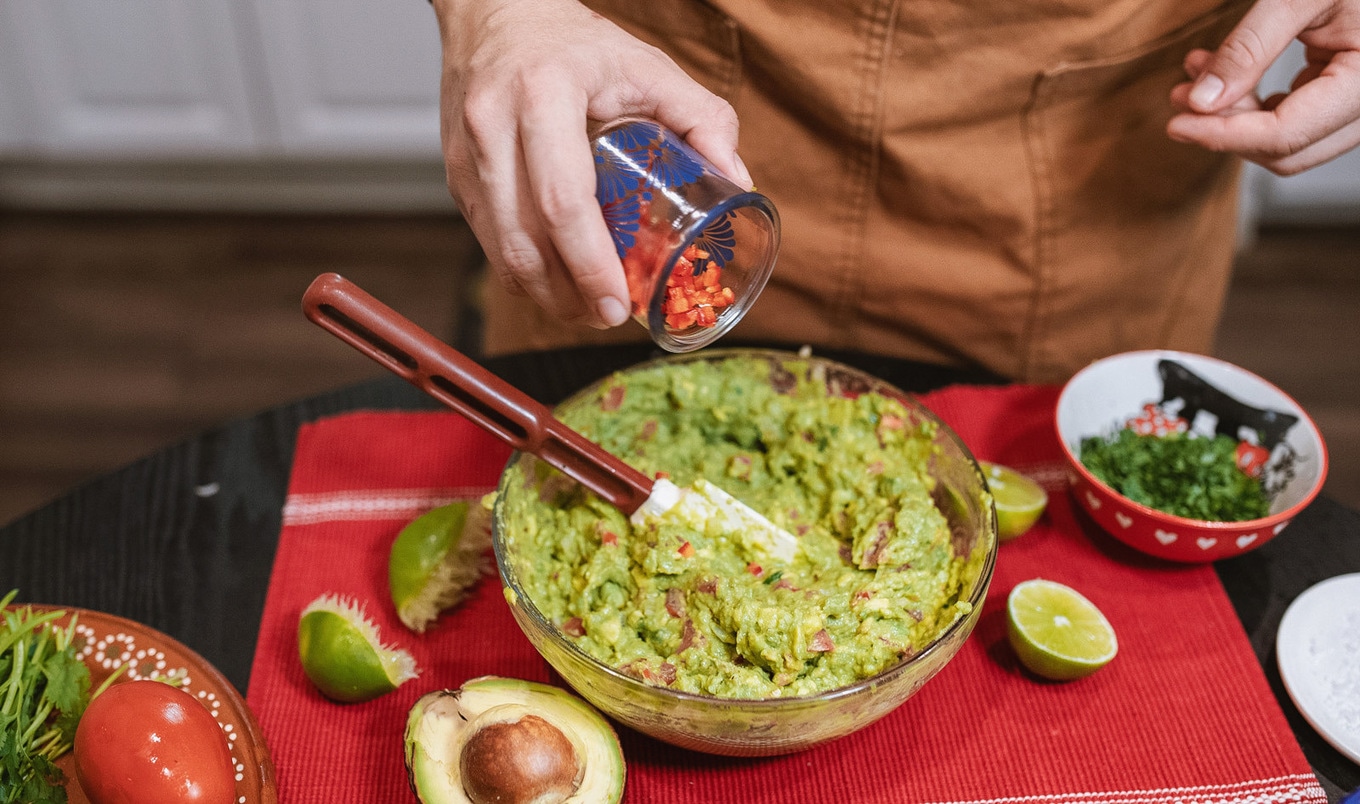Demi Moore is everywhere right now, and for good reason. In the new body-horror movie The Substance, the 61-year-old actor stars as Elizabeth Sparkling, a former Hollywood star who takes a new substance designed to make her an improved, and much younger, version of herself. Spoiler alert, but not everything goes to plan. The movie hit theaters on September 20 and quickly became a box office hit, earning nearly $15 million within 10 days. Moore is the standout star, of course—Variety labeled her performance “career-topping” and “Oscar-worthy.”
Over her decades-long career in the public eye, Moore has often spoken up about her own body image, lifestyle, and diet. “I put so much pressure on myself,” she recently told CBS Sunday Morning. “I did have experiences of being told to lose weight. And all of those, while they may have been embarrassing and humiliating, it’s what I did to myself because of that.”
She told the publication about some of the extreme habits she picked up in 1993, for example, when she was filming Indecent Proposal. She would ride a bike for 60 miles a day, while she was nursing her baby daughter. “What I did to my body, it’s, like, so crazy, so ridiculous,” she added.
Since then, however, she has spoken about some of the other habits she has adopted in a bid to take care of both her physical and mental health. She has been sober for more than 12 years, for example, she also doesn’t partake in “hard exercise” any longer, prays regularly, and, reportedly, follows a vegan diet.
 Demi Moore in ‘The Substance.’ | IMDB
Demi Moore in ‘The Substance.’ | IMDB
Is Demi Moore still vegan?
According to a 2023 article from the Daily Mail, Moore follows a “strict raw vegan diet.” This means that she only eats plant-based food that is uncooked, or heated to temperatures between 104 to 118 degrees Fahrenheit. Instead of cooking, people who follow a raw vegan diet often juice, blend, soak, sprout, or dehydrate their food.
Healthline reports that the diet has been around since the mid-1800s, when Sylvester Graham, a Presbyterian minister, claimed it was a key way to avoid illness.
Today, many still see plant-based diets, including raw vegan and whole food, plant-based (WFPB), and plant-forward diets, like the Mediterranean diet, as an important part of preventative healthcare, and an abundance of research supports this view.
This is because plants, including nuts, seeds, fruits, vegetables, beans, and legumes, are packed with essential vitamins, minerals, anti-inflammatory compounds, and antioxidants, which help to tackle chronic inflammation and protect our cells from damage. This, in turn, may help to reduce the risk of diseases, including heart disease, dementia, type 2 diabetes, and even certain types of cancer, research suggests.
 Pexels
Pexels
Is a raw vegan diet safe?
Proponents of the raw vegan diet believe that uncooked is the healthiest way to consume plants because the heating process depletes nutrients.
Many raw plants are indeed incredibly nutritious. Eating just one handful of raw walnuts a day has been linked to a drop in stress, for example, and research suggests avocados, which are usually served raw, can support skin health, reduce levels of LDL cholesterol, and help to keep bowel movements regular.
Berries, seeds, citrus fruits, bananas, pistachios, and cashews are just a few more examples of nutrient-dense plant foods that are usually consumed raw.
“The raw vegan diet is plentiful in nutrient-rich plant foods,” confirms Healthline. “It’s also linked to several health benefits.”
However, it’s important to note that research also suggests that many plant foods are actually more nutritious after they have been cooked. The heating process helps to break down the cell walls in some tough vegetables, for example, which means that it’s easier for the body to absorb its nutrients.
“If there’s a vegetable that’s quite tough, take carrots as an example, cooking the veggies softens them, so that helps the body access the nutrients in the vegetables,” Charlotte Morrison, a senior public health nutritionist in Queensland, Australia, told Queensland Health.
Some people who follow a raw vegan diet may struggle to consume enough calories, warns Healthline, and this could result in health conditions like amenorrhea (which is when people with female reproductive organs stop menstruating).
Ultimately, a raw vegan diet can be safe, but it must be carefully planned to ensure you are meeting all of your calorie goals and nutritional needs, notes the publication. For more on raw vegan diets, find our comprehensive guide to the benefits and risks here.


